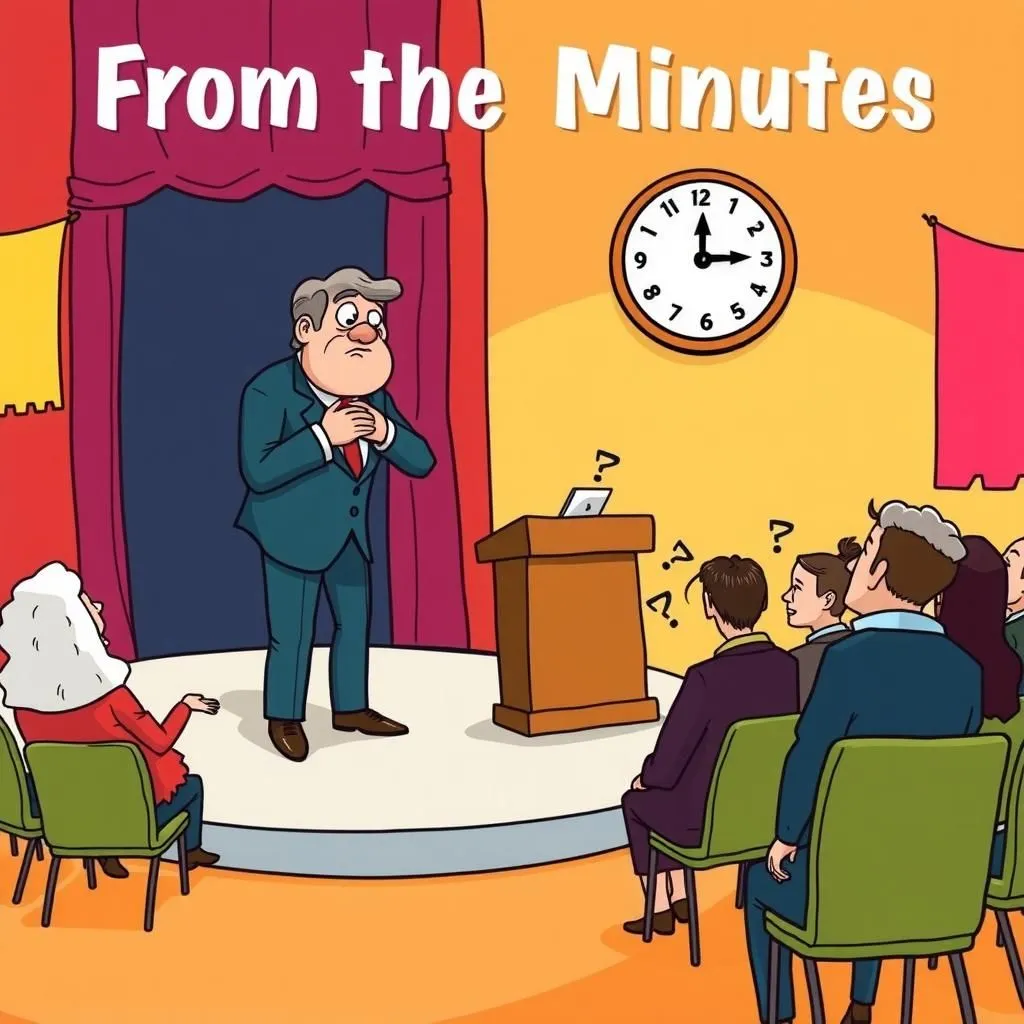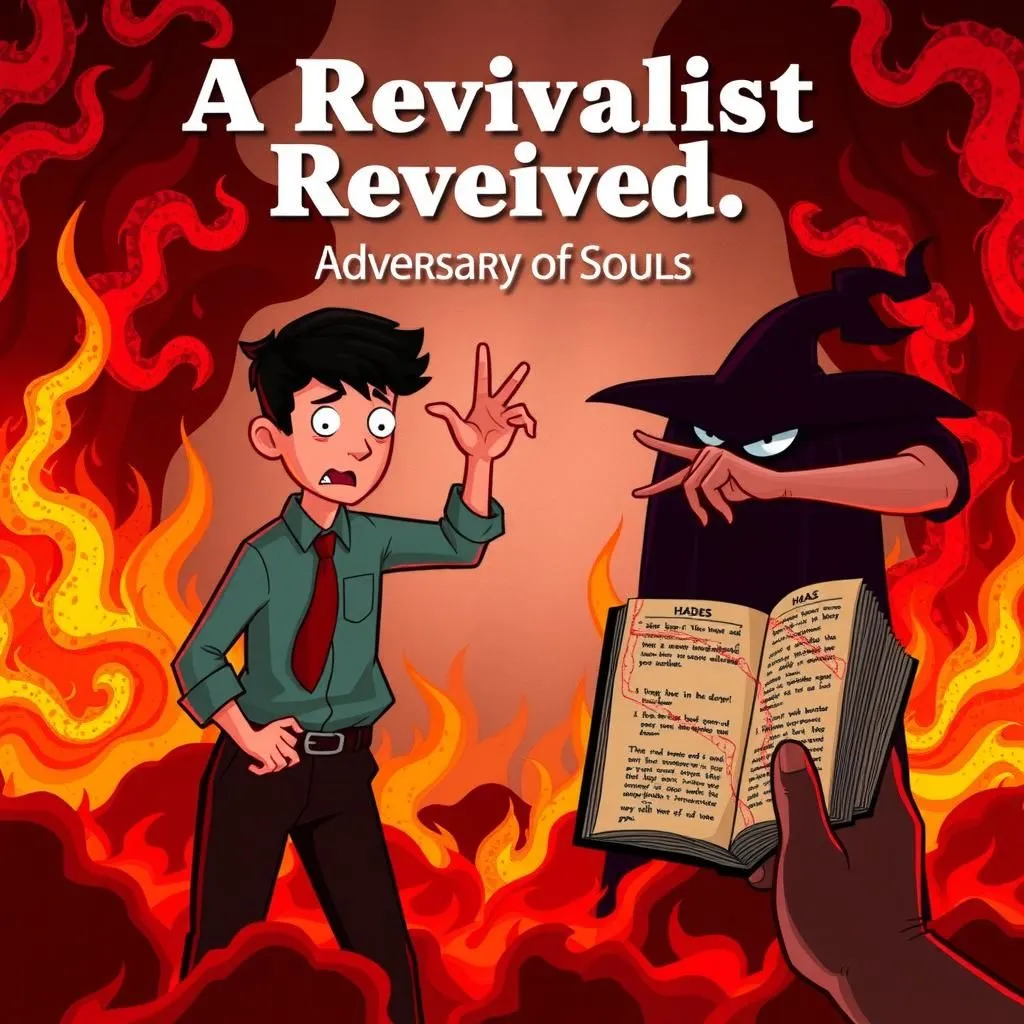
The Philosopher the Ants and Mercury
In this creative moral story, a philosopher, witnessing a tragic shipwreck, laments the injustice of Providence for allowing innocent lives to be lost due to one possible criminal aboard. However, when he retaliates against an ant that stings him by killing many of its kind, Mercury confronts him about his hypocrisy, highlighting the moral lesson that one should not judge Providence while acting with cruelty. This heartwarming moral story serves as a poignant reminder of the importance of compassion and self-reflection, making it a fitting tale for moral stories for class 7.


